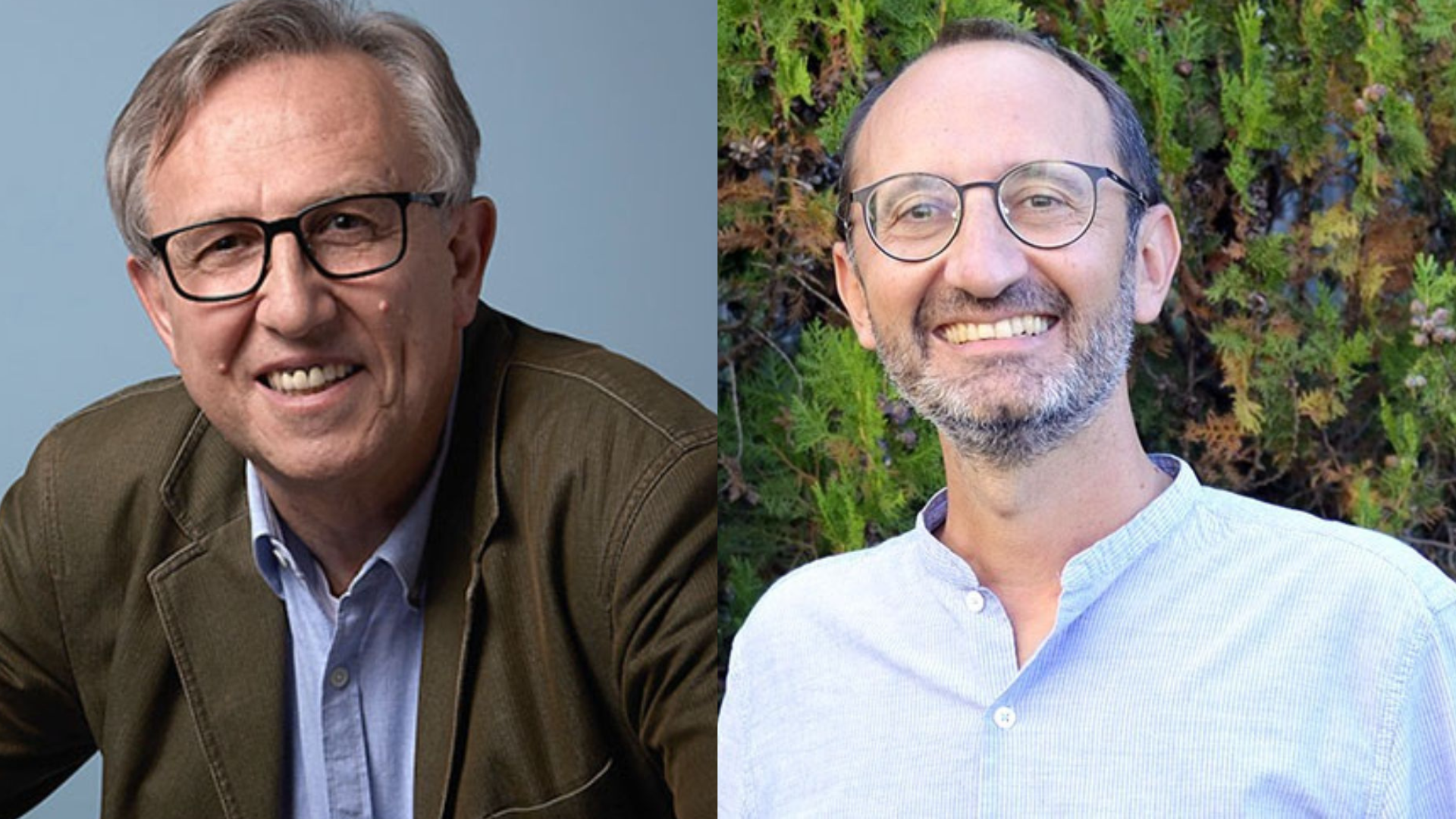In the same ranking of Stanford University also stand out Rafael Sanjuán, Andrés Moya and Pilar Domingo-Calap, researchers from the Institute of Integrative Systems Biology (I2SysBio), located in the University of Valencia Science Park.
Eugenio Coronado, director of the Institute for Molecular Science (ICMol), and Gustau Camps-Valls, researcher at the Laboratory for Image Processing (LPI), both research centres located in the University of Valencia Science Park (PCUV), are among the 2% most cited during the year 2024 worldwide, according to the Stanford University ranking.
This database, Stanford University-World Ranking of Scientists, analyzes information from Scopus. It is based on the snapshot of August 1, 2025 with updated data in the year 2024 of 236,313 scientists and scientists who make up 2% with more citations in the world in 22 scientific fields and 174 subfields. The classification provides standardized information on citations, h-index, co-author adjusted hm index, citations to articles in different authorship positions and a composite indicator.
The database shows data on scientific staff in two classifications. On the one hand, a specific year (Year 2024, citations in 2024); and on the other hand, throughout the entire research career (Career: citations from 1 January 1996 to 31 December 2024). Thus, Coronado occupies the 83rd position of the most cited in all of Spain, while it rises to 40th position in terms of appointments throughout the research career, and 6010th in the world in the last year; while Camps-Valls is ranked 90th nationally and 6,444 internationally in 2024.
About the researchers
Gustau Camps-Valls, PhD in Physics and Professor of Electronic Engineering, is the coordinator of the LPI’s Image and Signal Processing (ISP) group. Works in AI for earth and climate sciences. He has been on the Highly Cited Researcher list since 2020, and has received numerous awards and recognitions for his contributions to these fields, including IEEE Fellow (2018), ELLIS Fellow (2019), Fellow of the European Academy of Sciences (EurASc). Recently appointed 'fellow' of the American Geophysical Union.
Don’t miss chapter 4 of our podcast "La Bombilla de Livermore" with Gustau Camps-Valls
Eugenio Coronado is professor of inorganic chemistry at the University of Valencia and director of ICMol, a leading research center in nanotechnology and advanced molecular materials. His research focuses on the development of materials with innovative electronic and magnetic properties, with applications in quantum technologies, spintronics and information storage. Among his latest distinctions, he has received the JSCC International Prize from the Japanese Society of Coordinating Chemistry.
International recognition for I2SysBio’s research talent
Among the researchers of the University of Valencia included in this prestigious list are Rafael Sanjuán, Andrés Moya and Pilar Domingo-Calap, three prominent scientists from the Institute of Integrative Systems Biology (I2SysBio), joint centre of the University of Valencia and the CSIC located in the UV Science Park.
Rafael Sanjuán is a CSIC research professor at the Institute of Integrative Systems Biology (I2SysBio). His work focuses on the evolution and genetics of viruses, combining experimental and theoretical approaches to understand the mechanisms that drive viral variability and adaptation. He is the author of numerous high impact publications in international journals and has been recognized for his leadership in the field of evolutionary biology of viruses.
Andrés Moya, professor of genetics at the University of Valencia and researcher at I2SysBio, is a pioneer in the study of evolutionary genomics and human microbiota. He has made a decisive contribution to the development of integrative biology in Spain and has led numerous national and international projects. His career has been recognized with several awards and distinctions for its impact on biomedical and evolutionary research.
Pilar Domingo-Calap is an I2SysBio researcher and specialist in virology and phage-based therapies. His line of work explores the use of bacteriophage viruses as an alternative to antibiotics to combat resistant infections, as well as the evolution of viruses and their interactions with hosts. His work has been widely cited and recognized for its innovation in the field of applied virology and biomedicine.
Source: UV News / UV Faculty of Biological Sciences
Recent Posts


